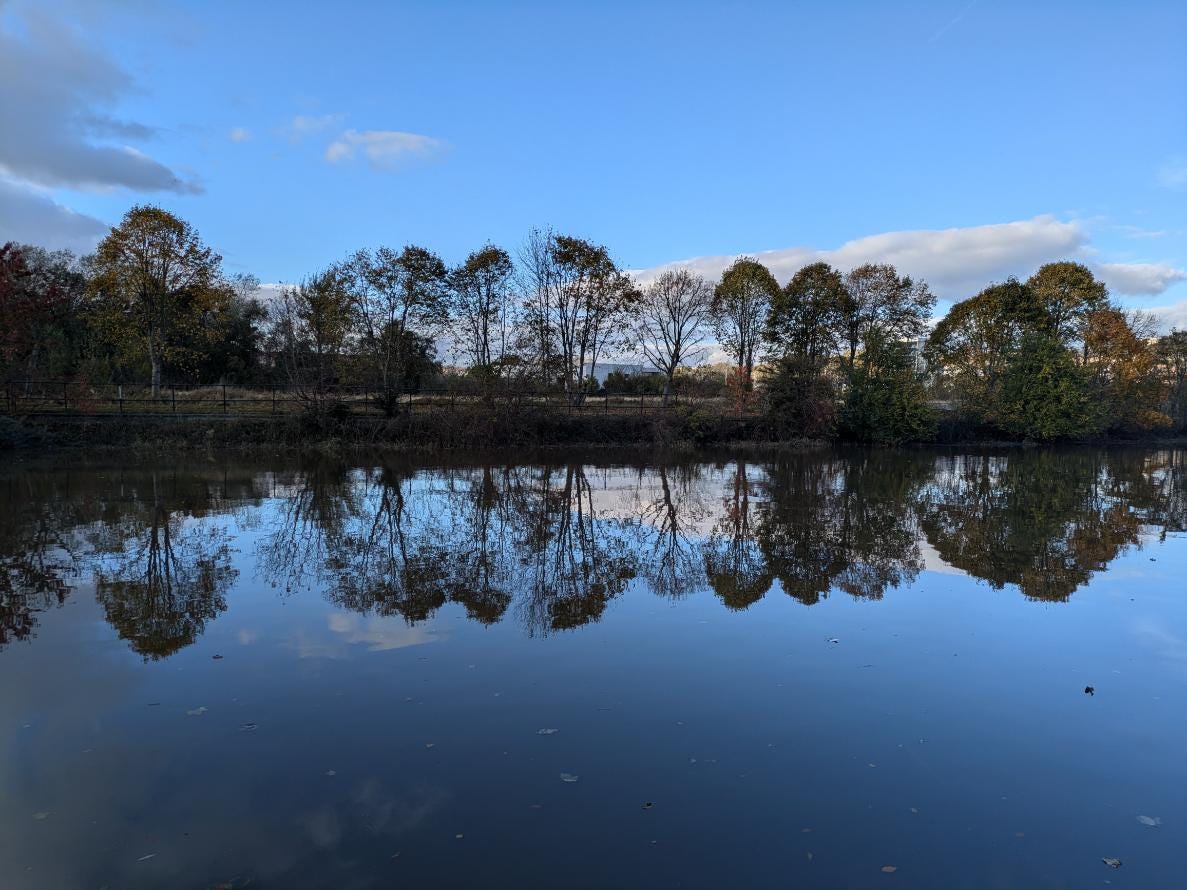Green light for North East corridors of nature
Plans will bring nature, culture and heritage gains to North East urban dwellers. Tony Henderson reports
Three Green Corridors will connect urban populations in the North East with nature, history and culture in the first project of its kind in the UK.
The pioneering £3m project is being undertaken by a team from Newcastle, Durham and Teesside universities, the National Trust, local authorities and community organisations, and will increase biodiversity and improve wellbeing.
The three corridors are:
The Tyne Derwent Way. The route links attractions along the Tyne and Derwent rivers including: Gateshead Riverside Park, Dunston Staiths, the Metro Centre, the Land of Oak and Iron Heritage Centre, Nine Arches Viaduct, Thornley Woodland Centre and Gibside.
The Durham route will stretch along the River Wear, connecting the city centre of Durham and the National Trust’s Crook Hall Gardens with over 1,000 hectares of green and water space.
Sites include Brasside Ponds, Low Newton Junction Nature Reserve and heritage attractions such as Finchale Priory and Mallygill Woods. It will link to existing long-distance walks in the area such as the Weardale Way.
Tees to Topping will connect Middlesbrough and the Tees Estuary to the North York Moors National Park and Roseberry Topping.
Richard Clay, Professor of Digital Cultures at Newcastle University, said: “We are really excited at the prospect of working with communities to nurture the North East’s green corridors and help them flourish for years to come.”
Professor Sarah Perks, from Teesside University’s Institute for Collective Place Leadership, said: “We are proud to be a part of this exciting project.
“These green corridors will have a transformative impact and strengthen the connection between our communities and the natural, historical and cultural assets this region has to offer.”
The National Trust has committed to an ambitious programme to establish 20 Green Corridors across England, Northern Ireland and Wales by 2030.
Helen Moir, senior urban programme manager (North East) for the National Trust, said: “Our North East Urban Team are excited to take the first steps towards working in such an innovative partnership, ensuring our local green corridors, and their culture and heritage, thrive for people and nature.”
Researchers will join with teams drawn from local organisations and groups, to share and expand each other’s knowledge, understanding and skills as they conceive and conduct more than 25 projects together.
These initiatives will aim to create new appreciations of heritage, history, archaeology, culture and nature across Gateshead, Durham and South Teesside.
The research will focus primarily on four themes:
Heritage and history
Culture and creativity
Nature and natural heritage
Active evaluation for learning
The project is one of three funded by the Arts and Humanities Research Council’s Mission Awards.
Green Corridors North East partner organisations also include Northumbria University, Gateshead Council, Durham Wildlife Trust, Durham County Council, Durham Castle and Cathedral, Middlesbrough Council, Tees Valley Wildlife Trust, Wear Rivers Trust, Natural England and the North East Combined Authority.




